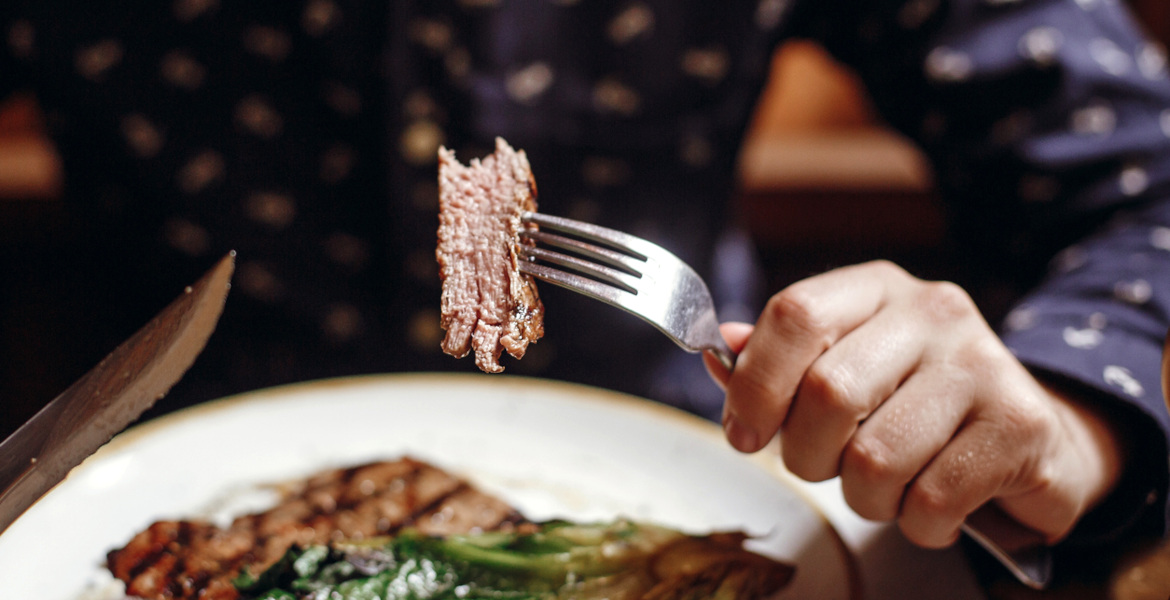According to the Finnish Social Insurance Institution (Kela), six million working days were lost last year due to mental health problems. These absences cost society more than €1 billion a year.
Mental illness currently accounts for more than one in three days of sick leave paid by the Social Insurance Institution of Finland (Kela) in Finland. The annual cost of lost work effort exceeds one billion euros, which is an increase of almost half a billion euros compared to ten years ago.
– The true cost of lost workdays is likely to be even higher than our estimate, Mikko Rissanen, senior specialist at the Ministry of Social Affairs and Health, told Finnish national broadcaster Yle.
In 2023, almost six million working days will be lost due to mental health problems, which is the equivalent of 26,000 full-time employees being absent from work for a whole year. This is an increase of two million working days compared to a decade ago.
If short periods of sickness, which are shorter than the qualifying period for sickness compensation, are also taken into account, the total number of working days lost could exceed seven million, according to Kela.








